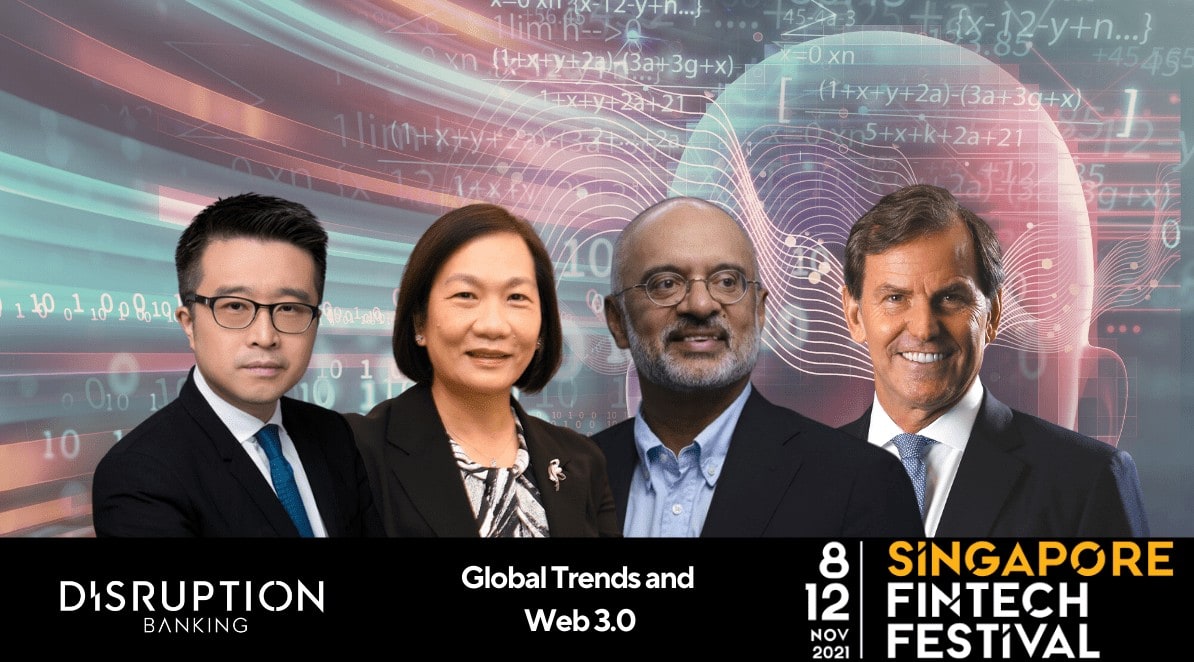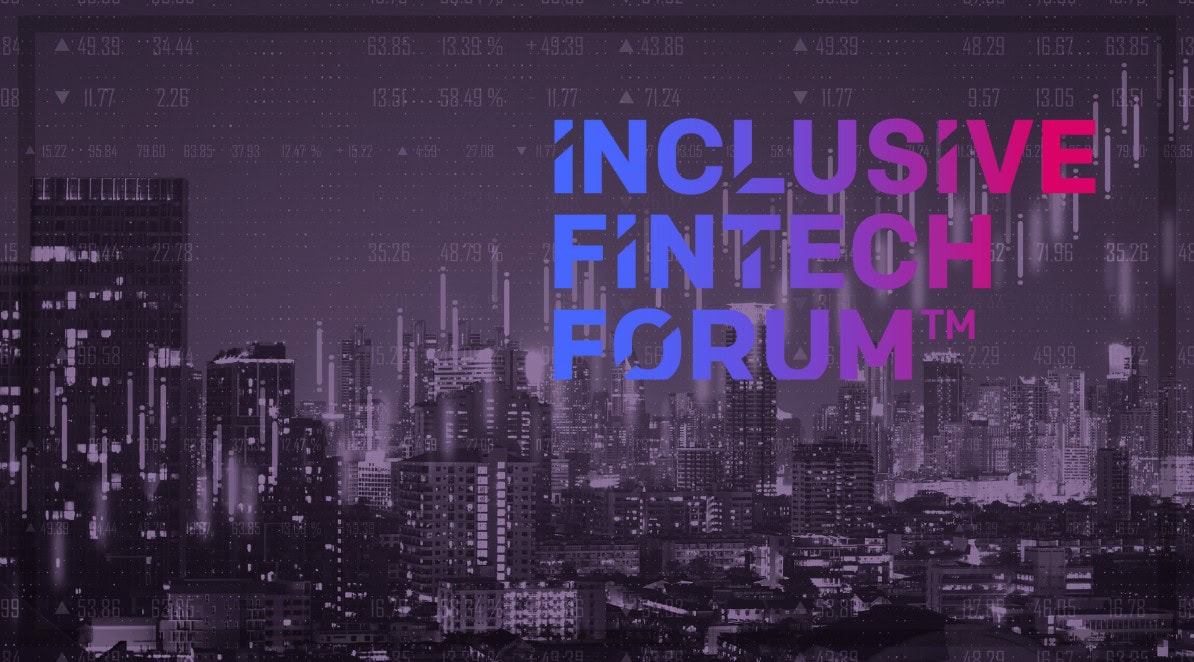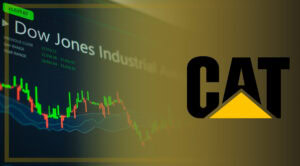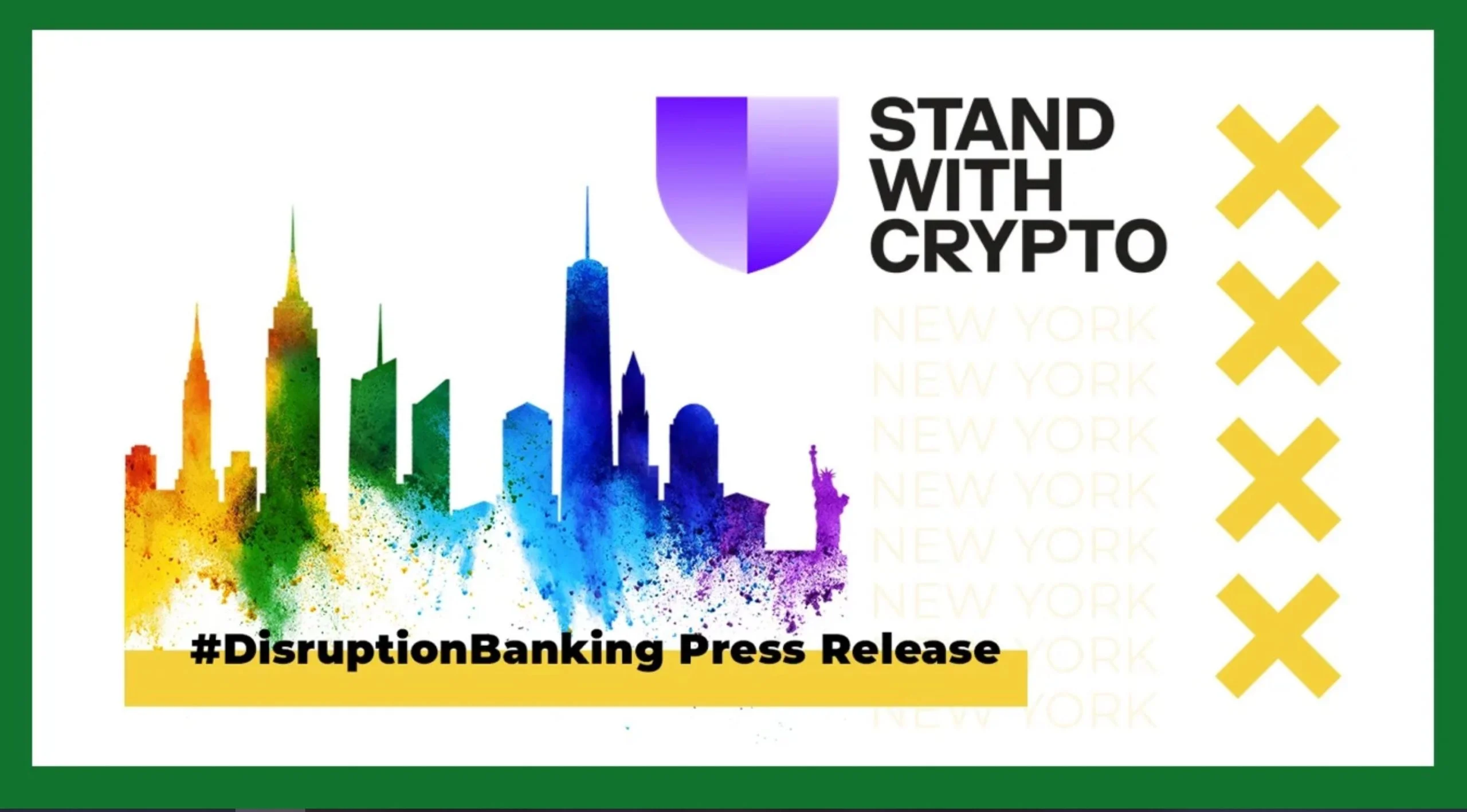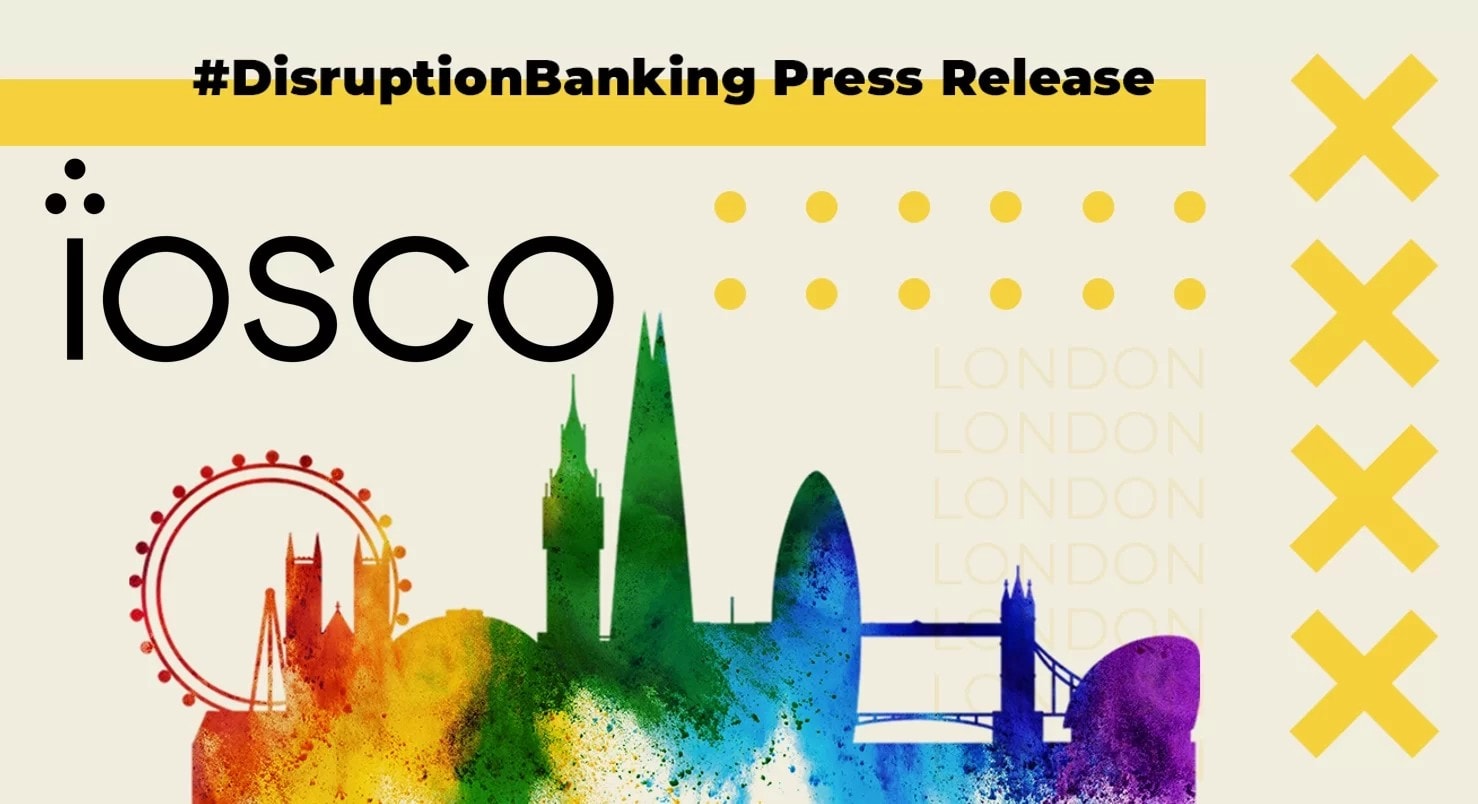Yesterday at the Singapore Fintech Festival, four CEOs gathered to discuss “global trends.” Chaired by Dawn Karen Tan of CNA News, the panel included: Dr Calvin Choi, Chairman of AMTD, Helen Wong, CEO of OCBC Bank, Mike Wells, Group Chief Executive at Prudential, and Piyush Gupta, CEO at DBS. The panel explored in particular depth the idea of Web 3.0 – the third generation of internet services that will use new technologies, like AI and machine-based understanding of data, to create better online services.
Now LIVE at #SFF! Calvin Choi of @AMTDGroup, Helen Wong of @OCBCBank, Mike Wells of @prudentialplc plc) & Piyush Gupta of @dbsbank as they will give their CEO-perspective on the challenges they face and how they balance and prioritise in a rapidly changing landscape.
— SG FinTech Festival (@sgfintechfest) November 9, 2021
Gupta began by outlining how he believes that Web 3.0 will form a key part of a more general “blockchain driven world:”
“I think of [it] actually a little bit broader than the general conventional definition, in terms of a blockchain driven world. […] I think our data and artificial intelligence are also going to be fundamental to Web 3. They’ve been there in Web 2, so it’s not new, but we’re still only scratching the service of what data and AI can do. And I think, with Web 3, you will find therefore that AI and data will lead to exponential change in the way things happen.
And what might these “exponential changes” be? Gupta outlined a number of benefits that he sees the blockchain and distributer ledger technology as offering:
“One, it allows you proof of identity. And that’s important because [there is] this whole idea of self, sovereign identity and not relying on multiple platforms. To prove identity is quite powerful, it’s got really good relevance.
“Second, I see being able to give you proof of value. So you know with crypto or Bitcoin, or any other kind of token, you can go back and say “this is your value,” but does it really give you proof of value? I think blockchain and distributed ledger can give you instead “proof of obligation,” which is what we are trying to do, for example, in the payment space. We are trying to change the settlement paradigm.
“[…] And finally, I think in some ways, it gives you proof of transaction. So you can determine, in a decentralised chain, who was involved in the transaction and how the transaction flowed.”
Interestingly, Gupta also addressed the wider, philosophical challenge which Web 3.0 will provide. After all, technologies like the blockchain often work on what Gupta called the “the idealistic libertarian level.” Indeed, projects like Bitcoin were designed with the explicit intention of creating anonymous, decentralised platforms that would free its users from regulatory or governmental oversight. But what could the logical conclusion of such a world be?
Eric Hughes saw the CypherPunk movement as a libertarian resistance to state economic control. It was an attempt to use new technologies to create anonymous and decentralised currency systems that are free from state interference.#Bitcoin #CypherPunks https://t.co/hfSLsFSNcE pic.twitter.com/8xGqBHwNIg
— #DisruptionBanking (@DisruptionBank) June 10, 2021
“[In a decentralised world] You don’t need intermediaries, you don’t need institutions. Contracts, tokens, smart contracts will make everything work.
“Now, the problem with Web 3.0 is when you take that argument to the next phase, it’s not only the intermediaries you start questioning. You don’t need a central bank. You don’t need the regulators. And by the way, guess what, you don’t need nation states. You don’t need governments. And then you start getting into this thing that is not a question of technology. That’s a question of social politics, and a question of philosophy. Do we as mankind prefer to live in a world where eight billion of us are individual agents, without any organising principles such as countries, states, central banks, regulators and boundary keepers? I would argue that it is very, very hard for us to get there.”
Helen Wong of OCBC also made some interesting points. OCBC has a track record of innovation and digital transformation, and was the first bank to use blockchain technology for local and cross-border financial payments. It has also collaborated with JP Morgan on its blockchain network. Wong pointed to the number of benefits Web 3.0 can bring for retail customers:
“[When you talk about Web 3.0] you have to talk about AI and the Internet of Things. AI – and many banks already use it – has a very useful application to fight financial crime, to detect fraud. And so for AML and for financial crime risk, we are also using it to actually scan through our payments. So you can use it to reduce the amount of human work that you need.
“So we’re looking more at the application side of it, but we want to embrace it and see how it helps us. I mean, ultimately, banking is intermediary and it is about how we use resource to help our customers.”
Of course, this space has seen a huge degree of innovation and technological development in the last few years, particularly in the last eighteen months. Mike Wells touched on the impact the Covid-19 pandemic has had on digital transformation, and the regulatory model. This has perhaps been particularly pronounced in the insurance space because it is not one necessarily associated with technological innovation: “Covid has accelerated [changes around] the regulatory model, the consumer model, our bank partners, the agencies we distribute through our advice providers.” Huge changes were made – because they had to be made – in a very short space of time:
“I think you saw probably ten years’ worth of consumer and regulatory and stakeholders [changes], compressed into the single period. Covid has been a global issue, and it was a tremendous catalyst for technology.”
It is therefore possible that Covid, and all the digital transformation which accompanied it, will accelerate the speed at which the world adopts Web 3.0. In addition to the benefits outlined by Gupta and Wong, Wells sees great potential in terms of reaching the unbanked. With the “new technologies that are brought to the market,” those with “limited bank penetration” will have greater opportunities to manage their finances. Since Covid, Prudential has had 30 million downloads of its app which, Wells suggested, could be a sign of how rapidly platforms like his are growing as the world digitises to a greater extent.
Finally, Dr Calvin Choi. Choi stressed the “openness” which this new phase of the Internet can offer. He echoed Well’s thoughts on how a new era of the internet could bring more people into the banking system, and all the benefits that offers:
“Earlier, the panellists talked about a 1.7 billion unbanked population. So for all this, now with Web 3.0, we are seeing more inclusiveness. How we can all work together to bring the world in a more efficient, optimal manner.
“Secondly, I think it’s really about an open platform. So you know, we talk about smart contracts, we talk about open source code, we talk about the public ledger […] we are seeing fewer barriers in the system so everyone can get involved. We want everyone to get involved.”
Open finance is not just about permissionless innovation on web 3.0 platforms, but also about open debate and collaboration enabled by web 2.0 technologies.
— Qiao Wang is hiring (@QwQiao) May 23, 2019
All the stars are aligned for this new financial system to take over the older, opaque, and monopolized system.
This panel was an excellent example of the fascinating conversations that are going on in Singapore this week. Four experts discussing a potentially revolutionary new technology, that will change utterly how we conduct our finances and indeed our daily lives. All those with an interest in disruptive technologies should look at the potential of Web 3.0 with great interest.
Author: Harry Clynch
#SFFxSWITCH #SGFinTechFest #SFF #MachineLearning #Blockchain #Crypto #Bitcoin #DigitalTransformation #Covid19 #Web3.0





